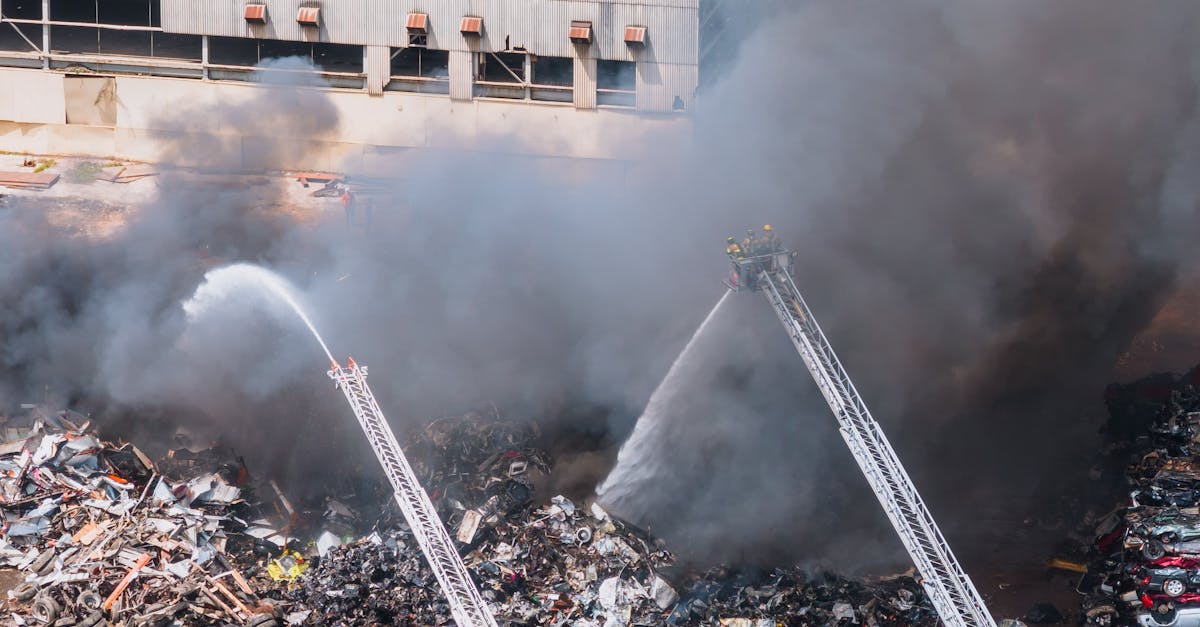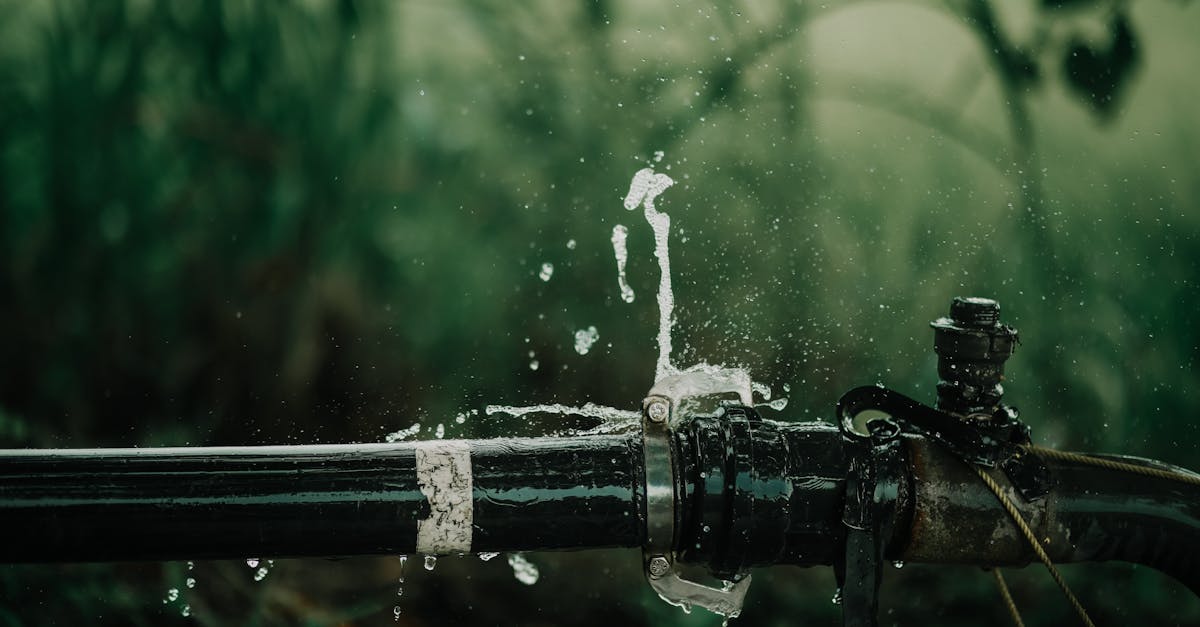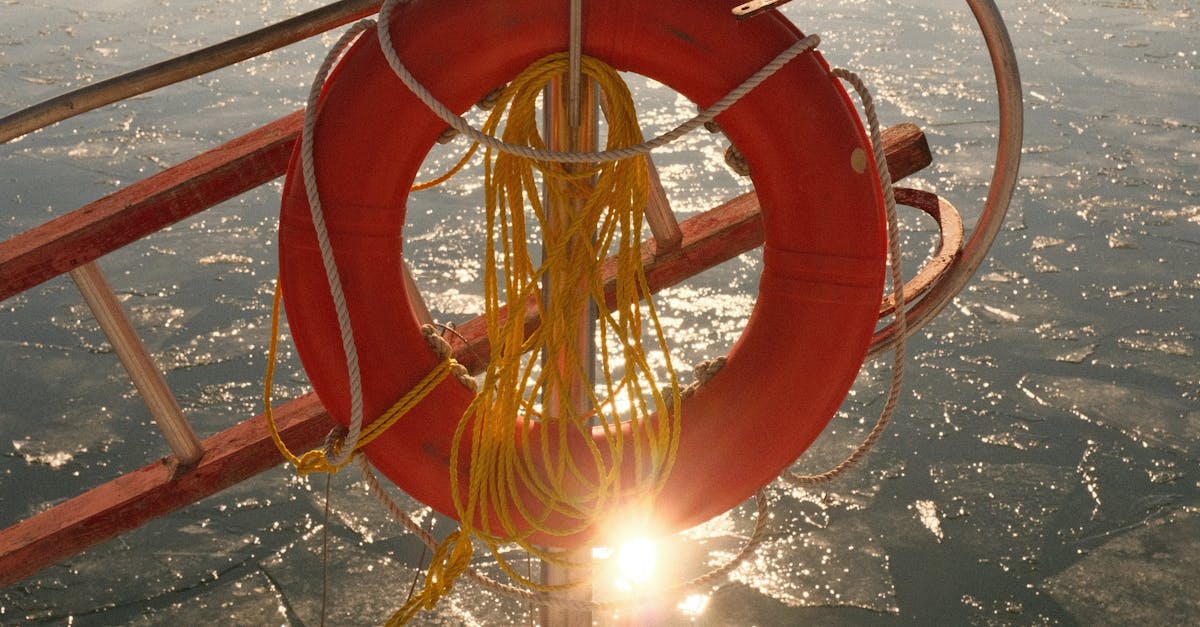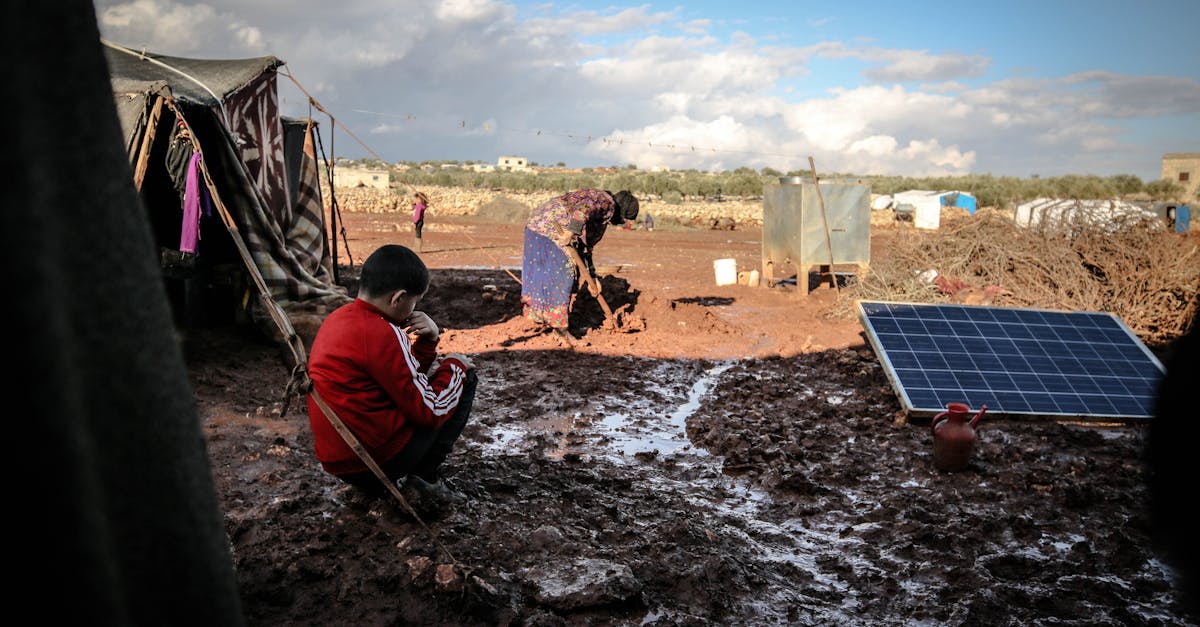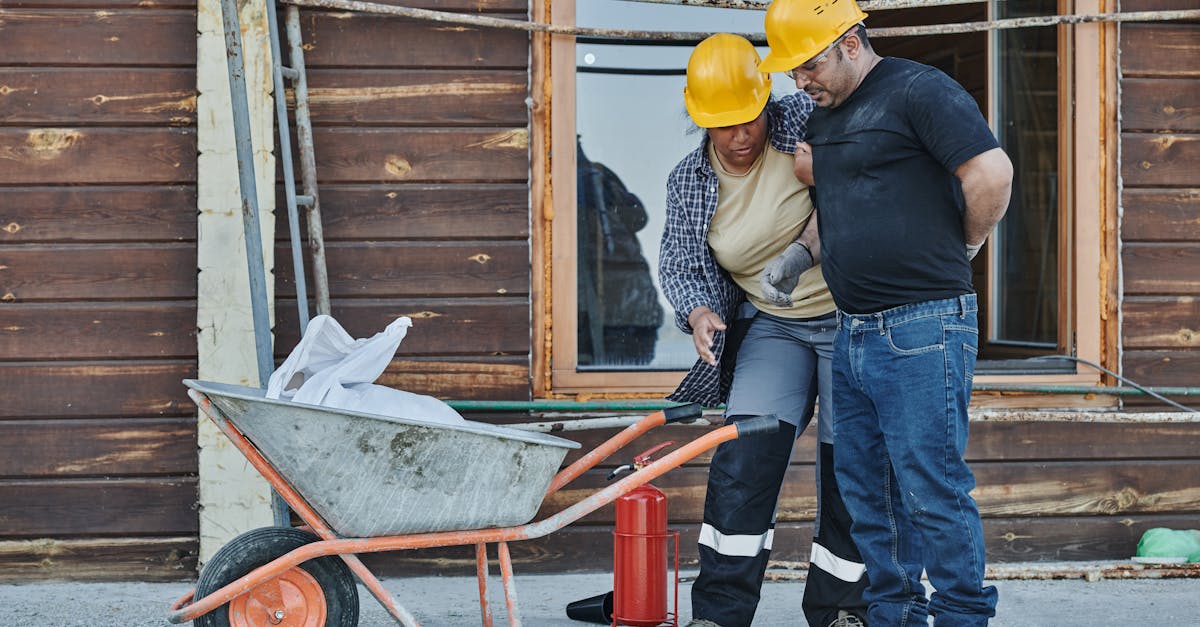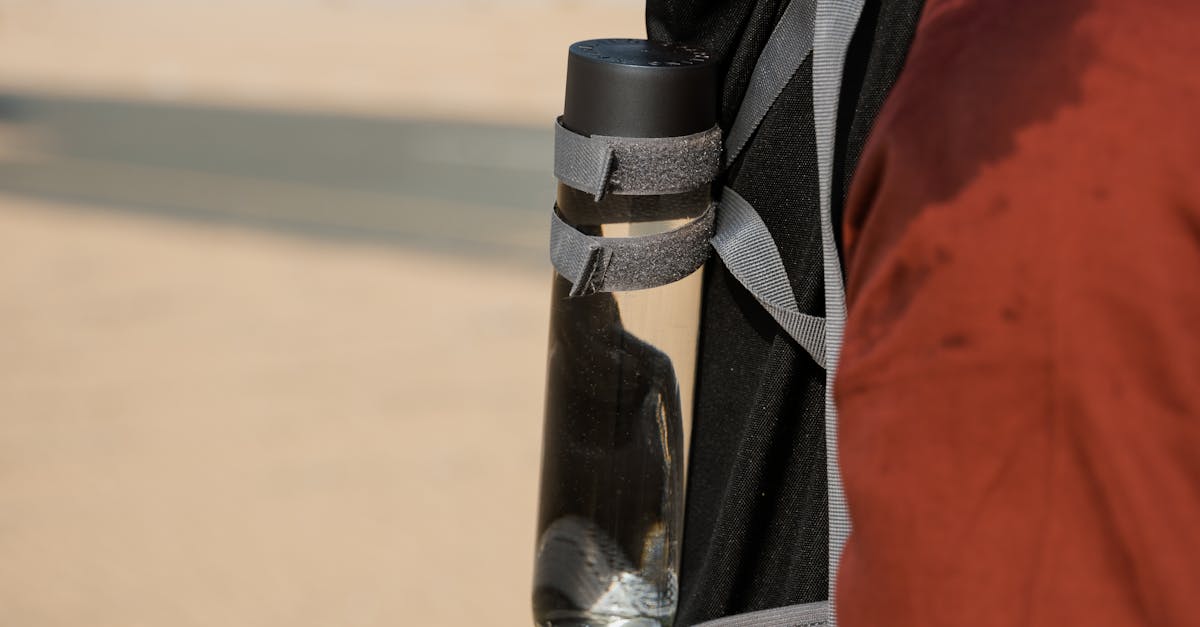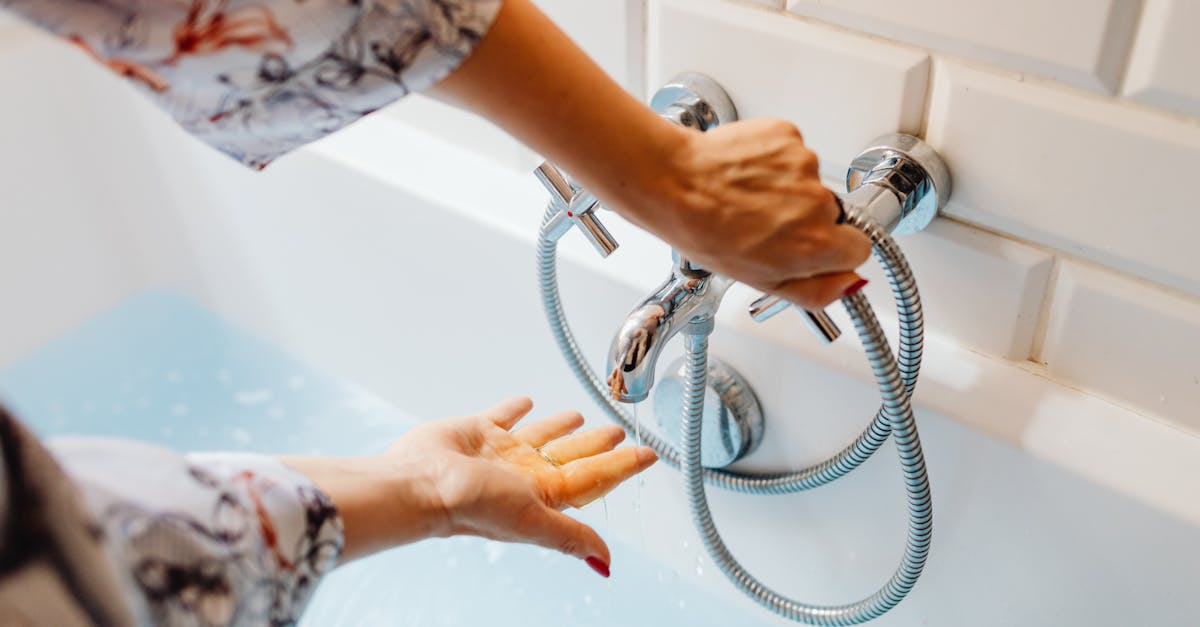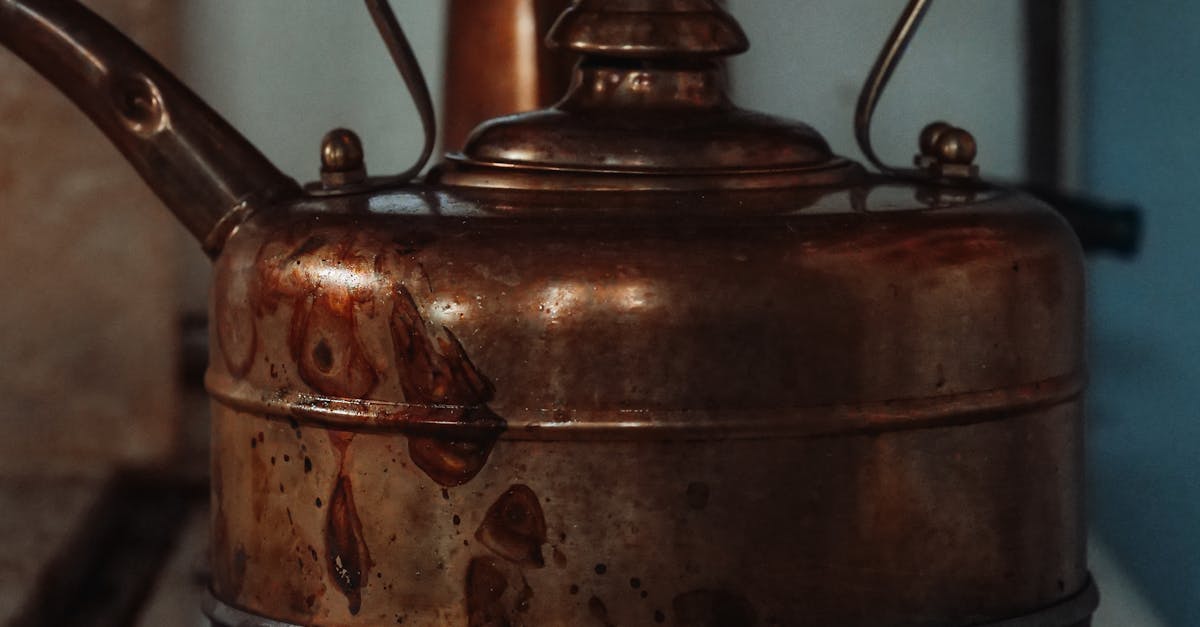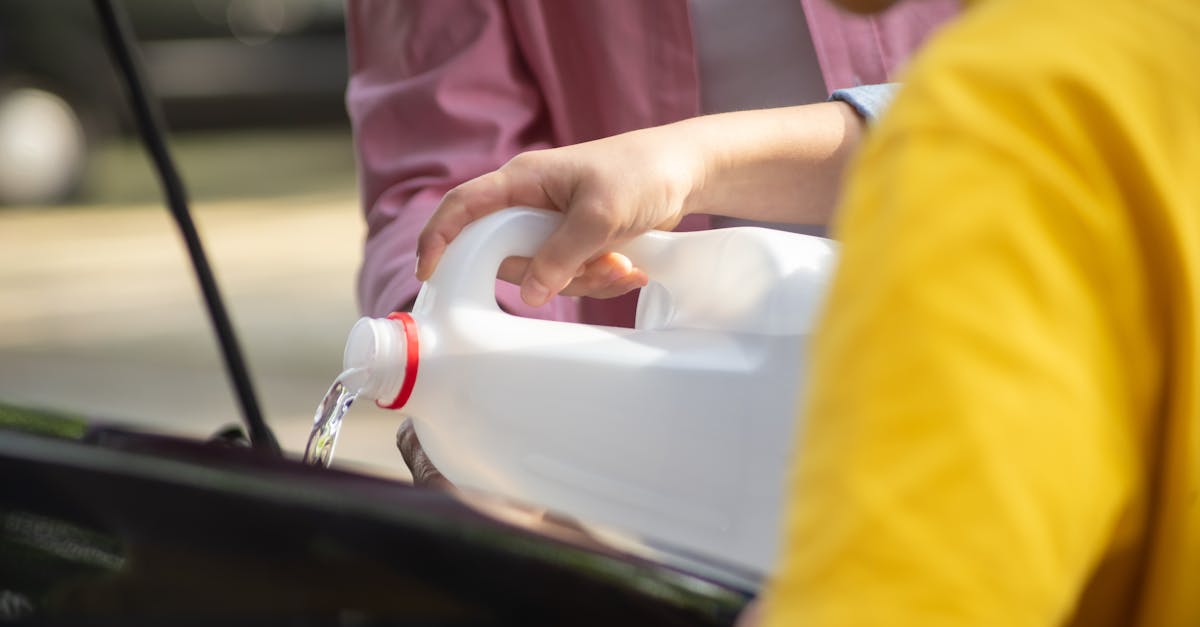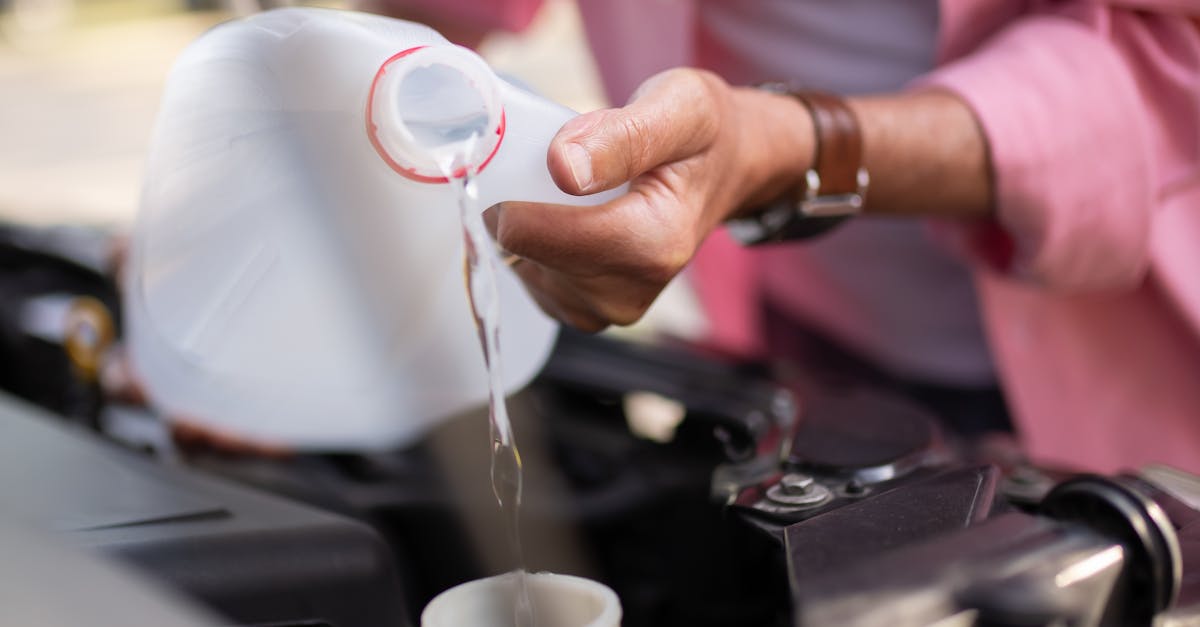
Table Of Contents
Temporary Fixes for Hot Water Heater Leaks
When faced with a leaking hot water heater, it’s crucial to act promptly to minimise water damage and other complications. A temporary fix could involve turning off the power supply to the unit, particularly if it’s electric, to prevent electrical hazards. Additionally, homeowners can shut off the cold-water inlet valve. This simple measure stops further water from entering the tank while providing some immediate relief from the leak. Using buckets or towels can help catch any drips, reducing the potential for water damage on floors.
While these steps may manage the situation temporarily, it's important to consider contacting a professional for emergency hot water repair. This will ensure a proper diagnosis of the leak's source, which could stem from various issues such as a faulty drain valve or sediment buildup. Quick action is essential to avoid an escalation of the problem, as neglect can lead to more serious damage, requiring extensive repairs and potentially higher costs down the line.
DIY Solutions to Manage the Situation
When faced with a leaking hot water heater, there are some immediate steps you can take to manage the situation. First, identify the source of the leak. If the leak is minor and originating from a pipe connection, tightening the fittings may stop the flow. For small leaks, placing a bucket or container beneath the leak can help catch any dripping water until you can implement a more permanent solution. Always ensure the power supply to the heater is switched off to prevent any electrical hazards.
If the leak is more significant, you might need to utilise some temporary measures. Applying waterproof tape or a pipe leak sealant can be effective for short-term fixes. In cases where the heater is nearing the end of its lifespan, consider that postponing a professional inspection might lead to more extensive damage. For those in urgent need of fixes, contacting a qualified electrician or plumber for emergency hot water repair will provide peace of mind and safety.
LongTerm Solutions for Hot Water Heater Issues
Dealing with a leaking hot water heater requires a strategic approach to ensure the issue does not reoccur. Investing in a high-quality unit can be crucial. Modern models often come with enhanced features such as improved insulation and advanced leak detection systems, which can prevent future problems. Regular inspections can also help identify potential weaknesses in your system before they escalate into critical issues requiring emergency hot water repair.
In addition to upgrading your water heater, routine maintenance plays a vital role in prolonging its life. Flushing the tank annually can eliminate sediment buildup, which often contributes to leaks. Checking the anode rod every few years can help prevent corrosion in the tank. Implementing these practices not only aids in preventing leaks but also enhances the overall efficiency of your hot water system, reducing the likelihood of costly repairs down the line.
Maintenance Tips to Prevent Future Leaks
Regular maintenance of your hot water heater can significantly reduce the likelihood of leaks and subsequent need for emergency hot water repair. Begin by checking the pressure relief valve periodically to ensure it functions correctly. This component is essential for releasing excess pressure, which can lead to leaks or damage if malfunctioning. Additionally, inspect the anode rod every few years. A worn-out rod can lead to tank corrosion, increasing the chances of leaks.
Another proactive measure involves keeping the area around the heater clean and free from clutter. This allows for proper airflow and prevents rust build-up. Regularly flushing the tank can also help remove sediment that accumulates over time, which can compromise the integrity of the tank. Familiarise yourself with the hot water heater’s manufacturer guidelines for maintenance schedules. Staying ahead with these checks can help avoid costly emergency hot water repair down the track.
Costs Associated with Hot Water Heater Repairs
When dealing with a leaky hot water heater, understanding the potential costs associated with repairs is essential. Basic repairs may involve replacing components like valves or pipes, which can range from a few hundred dollars to significantly more depending on the damage. If the issue escalates to an emergency hot water repair situation, be prepared for higher expenses due to urgent service fees and the need for immediate action.
In addition to the immediate costs, consider the long-term financial implications of neglecting maintenance or repairs. Regular check-ups can prevent future leaks and mitigate unexpected emergencies. Establishing a budget for ongoing maintenance will help manage expenditures over time, easing the financial burden when unexpected repairs arise. Staying proactive in monitoring the condition of your hot water system can ultimately lead to significant savings.
Budgeting for Emergency Repairs
Planning for unexpected home repairs is essential, especially when dealing with issues like a leaking hot water heater. Homeowners should consider setting aside a budget specifically for emergency hot water repair costs. This fund will help alleviate financial stress during a crisis and ensure prompt repairs. Determining a reasonable amount to contribute on a regular basis can aid in building this safety net over time.
In addition to immediate repair costs, it is wise to factor in any potential upgrades or replacements that might be necessary. Investing in higher-quality fixtures or a more efficient hot water system could save money in the long run. Keeping receipts and records of past repairs can provide insights into your overall spending on maintenance, allowing for better budgeting in the future.
FAQS
How can I tell if my hot water heater leak is an emergency?
If you notice significant water pooling around the heater, a sudden drop in water pressure, or any signs of electrical issues, it’s essential to treat it as an emergency and call a professional immediately.
What temporary fixes can I implement if my hot water heater is leaking?
You can turn off the water supply to the heater, use towels or buckets to catch the leaking water, and consider applying plumber's tape to any visible leaks. However, these are only temporary solutions.
Are there long-term solutions for hot water heater leaks?
Yes, long-term solutions include replacing damaged parts, flushing the tank to remove sediment build-up, or even replacing the entire unit if it’s old or severely damaged.
How can I prevent future leaks in my hot water heater?
Regular maintenance, such as flushing the tank annually, checking the pressure relief valve, and inspecting connections for wear and tear, can help prevent future leaks.
What costs should I consider when budgeting for hot water heater repairs?
Costs can vary widely depending on the type of repair needed. Budget for potential service call fees, parts replacement, and any additional plumbing costs. It's always wise to get multiple quotes from professionals.


